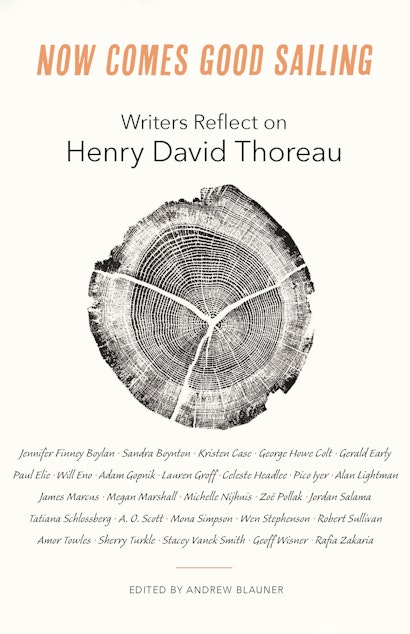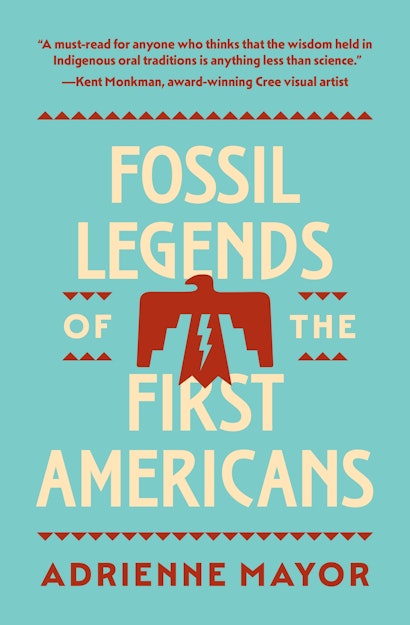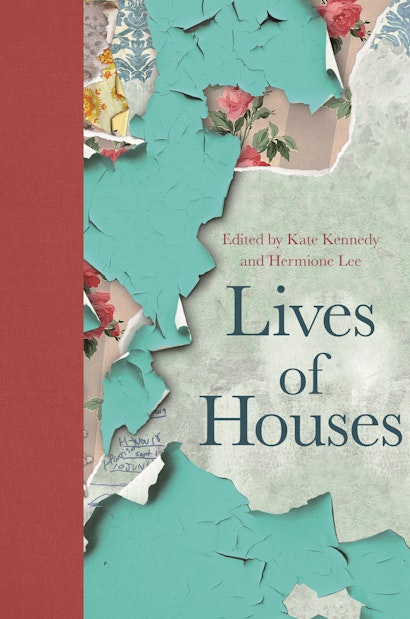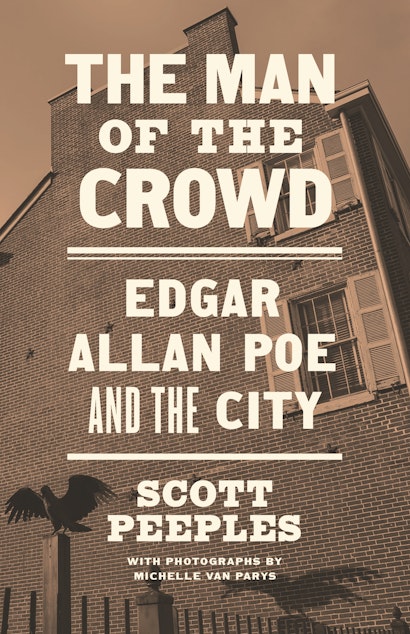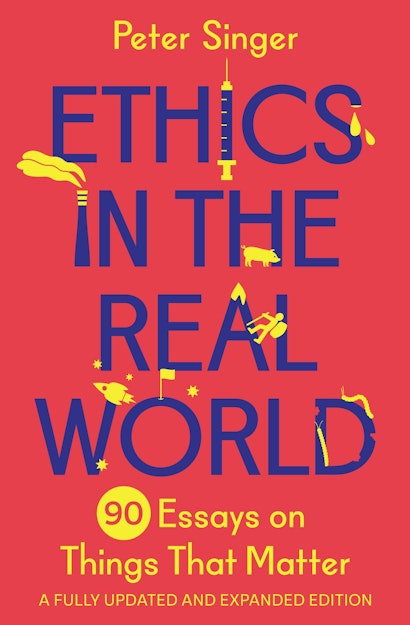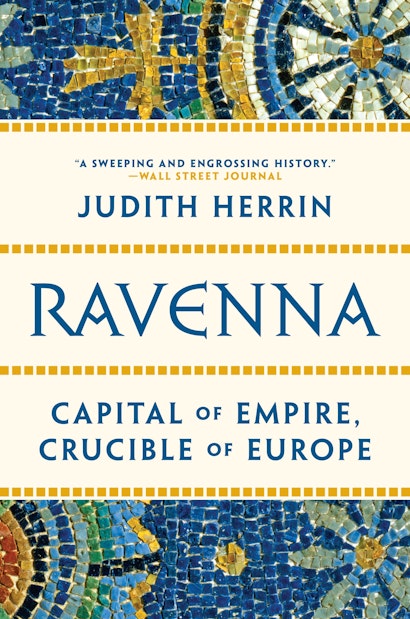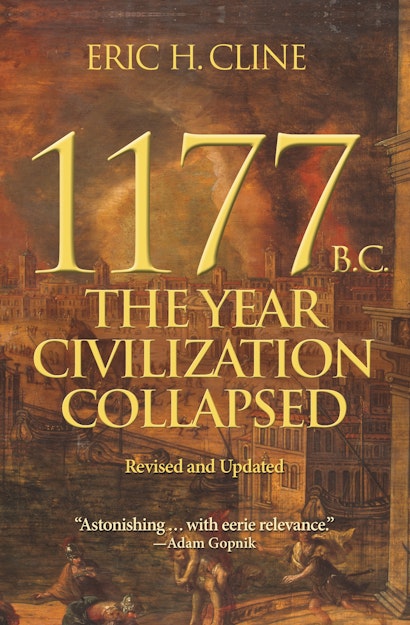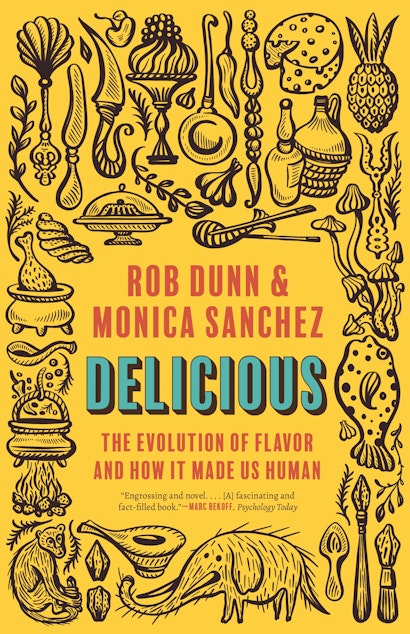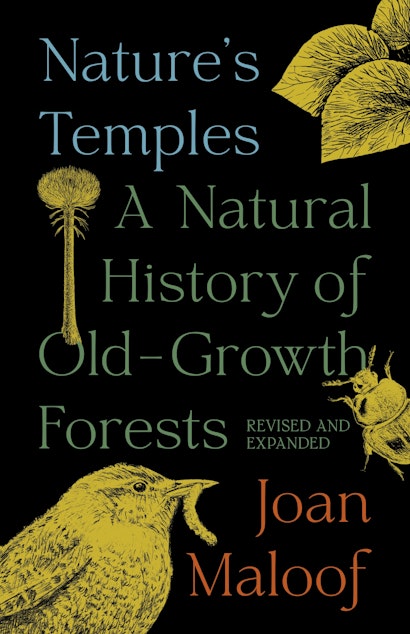Are you ready to fill your vacation time and your beach bag with thought-provoking summer reads? Find the best paperbacks for summer among these selections, whether you prefer to delve into real-world ethical questions, Edgar Allan Poe, or the surprising truths behind mythic marvels.
The world is never done catching up with Henry David Thoreau (1817–1862), the author of Walden, “Civil Disobedience,” and other classics. A prophet of environmentalism and vegetarianism, an abolitionist, and a critic of materialism and technology, Thoreau even seems to have anticipated a world of social distancing in his famous experiment at Walden Pond. In Now Comes Good Sailing, twenty-seven of today’s leading writers offer wide-ranging original pieces exploring how Thoreau has influenced and inspired them—and why he matters more than ever in an age of climate, racial, and technological reckoning.
The burnt-red badlands of Montana’s Hell Creek are a vast graveyard of the Cretaceous dinosaurs that lived 68 million years ago. Those hills were, much later, also home to the Sioux, the Crows, and the Blackfeet, the first people to encounter the dinosaur fossils exposed by the elements. What did Native Americans make of these stone skeletons, and how did they explain the teeth and claws of gargantuan animals no one had seen alive? Did they speculate about their deaths? Did they collect fossils?
Drawing on historical sources, archaeology, traditional accounts, and extensive personal interviews, Adrienne Mayor takes us from Aztec and Inca fossil tales to the traditions of the Iroquois, Navajos, Apaches, Cheyennes, and Pawnees. Fossil Legends of the First Americans represents a major step forward in our understanding of how humans made sense of fossils before evolutionary theory developed.
Adrienne Mayor is renowned for exploring the borders of history, science, archaeology, anthropology, and popular knowledge to find historical realities and scientific insights—glimmering, long-buried nuggets of truth—embedded in myth, legends, and folklore. Combing through ancient texts and obscure sources, she has spent decades prospecting for intriguing wonders and marvels, historical mysteries, diverting anecdotes, and hidden gems from ancient, medieval, and modern times. Flying Snakes and Griffin Claws is a treasury of fifty of her most amazing and amusing discoveries.
What can a house tell us about the person who lives there? Do we shape the buildings we live in, or are we formed by the places we call home? And why are we especially fascinated by the houses of the famous and often long-dead? In Lives of Houses, notable biographers, historians, critics, and poets explores these questions and more through fascinating essays on the houses of great writers, artists, composers, and politicians of the past.
Edgar Allan Poe (1809–1849) changed residences about once a year throughout his life. Driven by a desire for literary success and the pressures of supporting his family, Poe sought work in American magazines, living in the cities that produced them. Scott Peeples chronicles Poe’s rootless life in the cities, neighborhoods, and rooms where he lived and worked, exploring how each new place left its enduring mark on the writer and his craft.
Peter Singer is often described as the world’s most influential philosopher. He is also one of its most controversial. The author of important books such as Animal Liberation, Practical Ethics, Rethinking Life and Death, and The Life You Can Save, he helped launch the animal rights and effective altruism movements and contributed to the development of bioethics. Now, in Ethics in the Real World, Singer shows that he is also a master at dissecting important current events in a few hundred words.
At the end of the fourth century, as the power of Rome faded and Constantinople became the seat of empire, a new capital city was rising in the West. Here, in Ravenna on the coast of Italy, Arian Goths and Catholic Romans competed to produce an unrivaled concentration of buildings and astonishing mosaics. For three centuries, the city attracted scholars, lawyers, craftsmen, and religious luminaries, becoming a true cultural and political capital. Bringing this extraordinary history marvelously to life, Judith Herrin rewrites the history of East and West in the Mediterranean world before the rise of Islam and shows how, thanks to Byzantine influence, Ravenna played a crucial role in the development of medieval Christendom.
In 1177 B.C., marauding groups known only as the “Sea Peoples” invaded Egypt. The pharaoh’s army and navy managed to defeat them, but the victory so weakened Egypt that it soon slid into decline, as did most of the surrounding civilizations. After centuries of brilliance, the civilized world of the Bronze Age came to an abrupt and cataclysmic end. Kingdoms fell like dominoes over the course of just a few decades. No more Minoans or Mycenaeans. No more Trojans, Hittites, or Babylonians. The thriving economy and cultures of the late second millennium B.C., which had stretched from Greece to Egypt and Mesopotamia, suddenly ceased to exist, along with writing systems, technology, and monumental architecture. But the Sea Peoples alone could not have caused such widespread breakdown. How did it happen?
With generous helpings of warmth and wit, Rob Dunn and Monica Sanchez offer bold new perspectives on why food is enjoyable and how the pursuit of delicious flavors has guided the course of human history. They consider the role that flavor may have played in the invention of the first tools, the extinction of giant mammals, the evolution of the world’s most delicious and fatty fruits, the creation of beer, and our own sociality. Along the way, you will learn about the taste receptors you didn’t even know you had, the best way to ferment a mastodon, the relationship between Paleolithic art and cheese, and much more.
Standing in an old-growth forest, you can instinctively sense the ways it is different from forests shaped by humans. These ancient, undisturbed ecosystems are increasingly rare and largely misunderstood. Nature’s Temples explores the science and alchemy of old-growth forests and makes a compelling case for their protection.
Looking for more summer reading?
Browse more new in paperback books.

